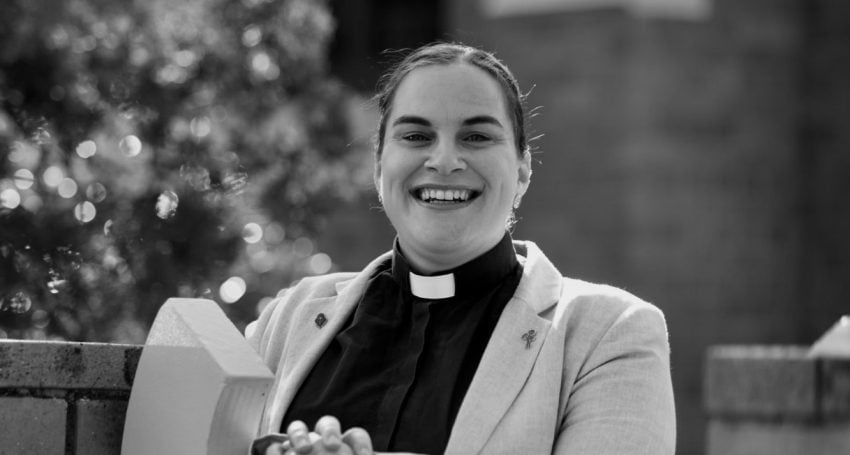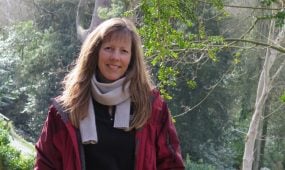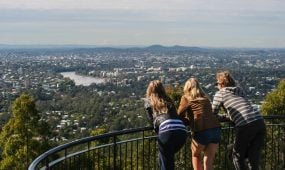Out of sight, out of mind?
Justice & Advocacy
“We have built personal and public spaces with a view to making adjustments for a disabled person later, rather than making them appropriately accessible and welcoming in the first place,” says The Rev’d Canon Jess Grant

In writing about disability and the Church, I am immediately aware that there are many aspects of belonging to a faith community that I take for granted when I reflect even on Sunday mornings alone: the ease of transport, the accessibility of church buildings, the format in which the words of the service are communicated, the extent to which it is possible to gather afterwards, just to name a few. It has been very humbling to learn from disabled members of my family as they have navigated access to the church, as both a building and a people. So, I write as someone who knows she has a lot more to be taught. Two particular lessons have stood out to me.
Advertisement
The first is how often non-disabled people (among whom I include myself) speak about the adjustments to our common life as though they are a gift to, or at least an accommodation of, a disabled person in our midst. By way of example, my family moved a lot when I was growing up. In each new home, the carpenters would arrive as soon as possible to install ramps and work on inaccessible parts of the house. Often guests would comment on “our lovely wide doorways”, with their custom-made doors. On one such occasion, my sister (who has been in a wheelchair since her preschool days) responded that “the doors are so you can visit me, since I can’t get into your house.” That reframe has always felt very important to me — what is better for the person who needs that accommodation helps everyone thrive. Wheelchairs are by no means a new invention, but we have been making our doorways too narrow for a very, very long time. We have built personal and public spaces with a view to making adjustments for a disabled person later, rather than making them appropriately accessible and welcoming in the first place.
The second lesson is how readily non-disabled people assume a solution to an accessibility problem without asking first. I was in NSW and then the ACT during the height of the COVID lockdowns, in amongst the strictest of conditions. I was in military chaplaincy at the time, so was only on the edges of the extraordinary amount of work that was done by parishes to make online participation in worship a possibility. I confess that at the time, there were aspects about navigating sacramentality at a distance with which I struggled. I hope I have come to know better since.
Advertisement
I was particularly aware as we began emerging from frequent lockdowns that many non-disabled people assumed that online worship would cease and we would “go back to the way things were”. That was, of course, until more of the voices of those attending online were heard — many were not people who had been worshipping in person and waiting to return to it, they were people who had begun to access Christian community for the first time in a long time, if not ever.
This Cathedral community has, of course, travelled that journey and has a thriving online ministry under The Reverend Jamee’s exceptional care and leadership. As one of The Rev’d Jamee’s community members has said “I have been waiting for online access to church since the internet began.” The wonderful example of Holy Hermits Online is a reminder to me of the importance of being attentive and listening to the experience of those who do not find their place within our existing models.
I am also reminded that we never reach a settled place of completing that work, but need to go on attending and listening, if we are to be the breadth and depth of community to which God calls us.
First published in the October 2024 edition of The Eagle — the magazine of St John’s Cathedral.






